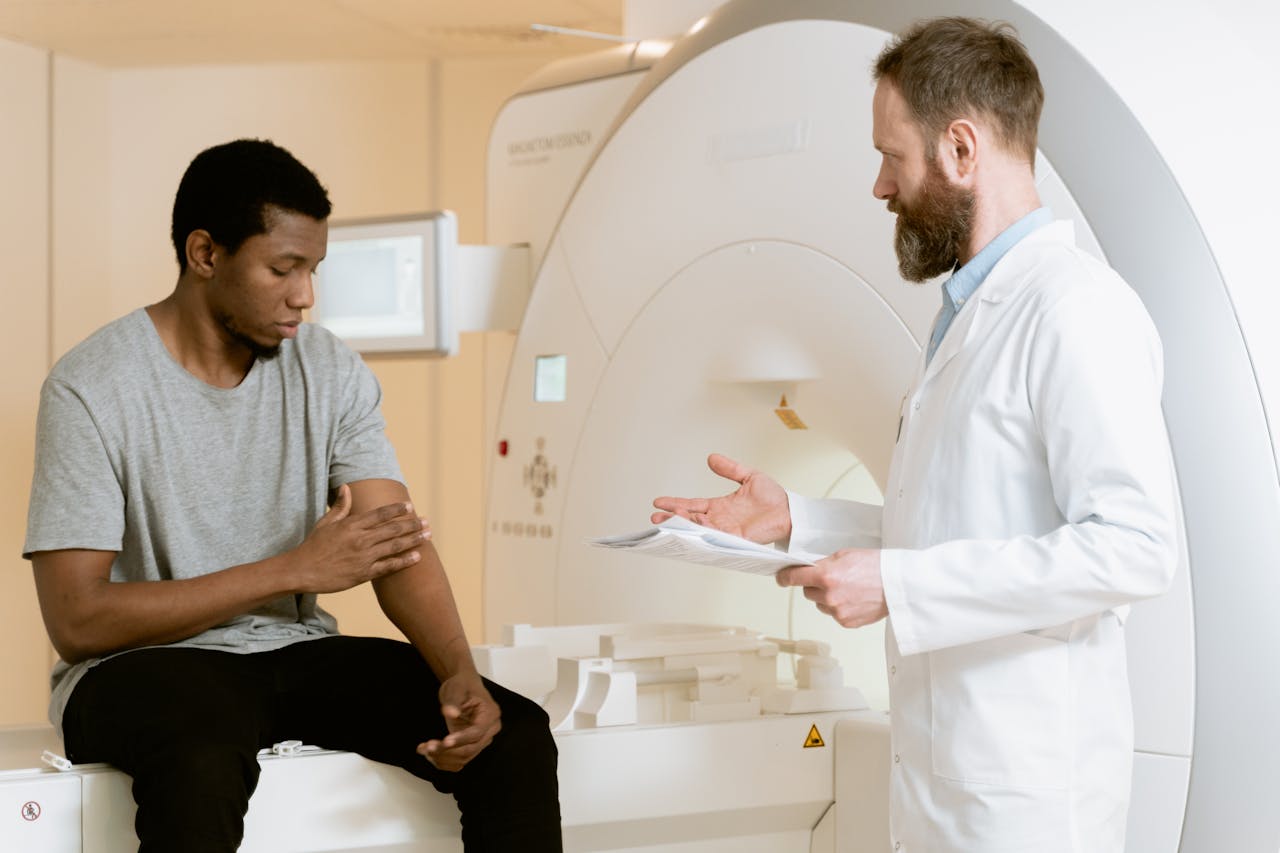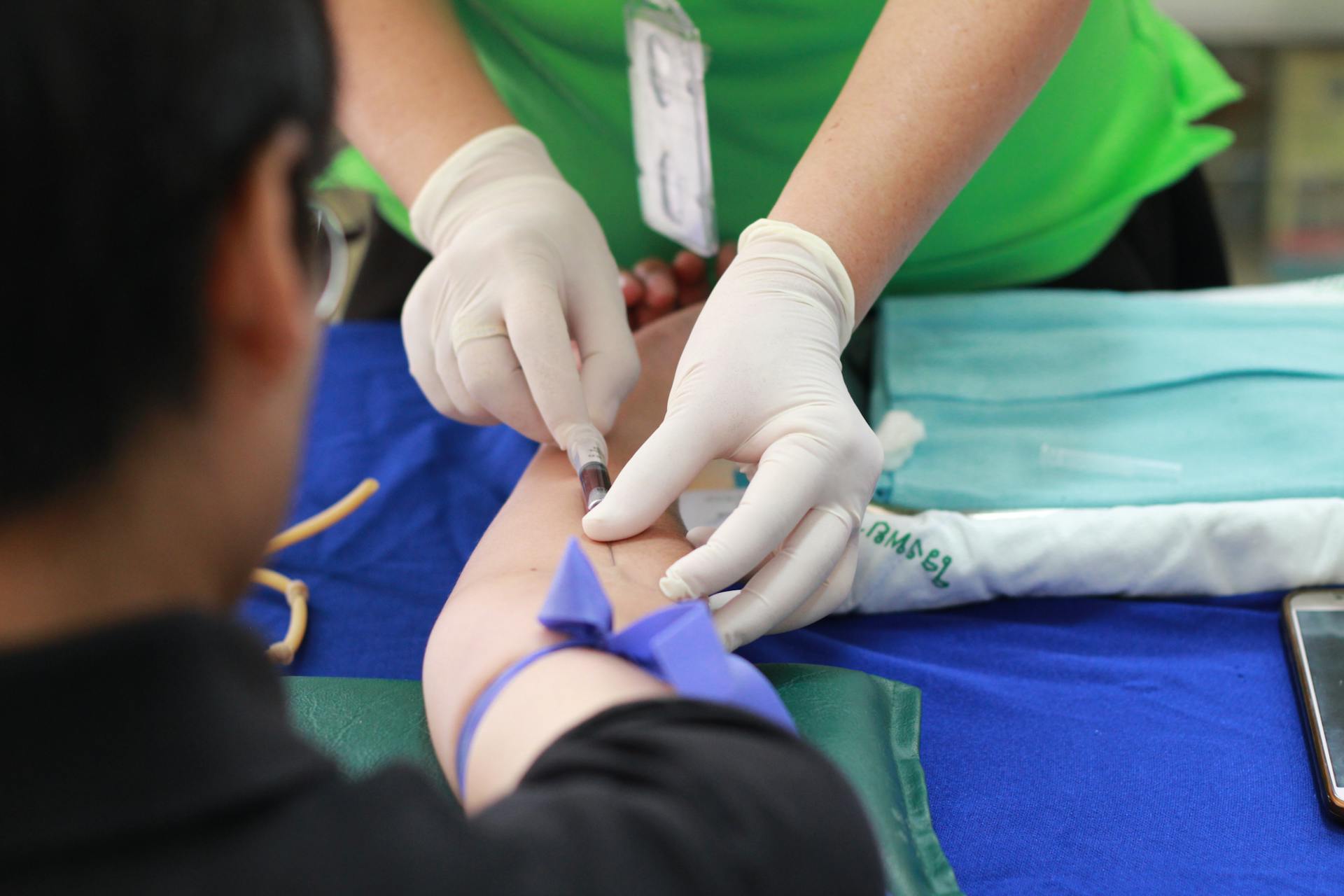Participating in paid clinical trials can be a rewarding experience, offering individuals the opportunity to contribute to medical research while earning compensation for their time and efforts. However, navigating the world of clinical trials can be daunting for newcomers. In this blog post, we’ll share valuable tips for success to help you maximize your experience and make the most out of your participation in paid clinical trials.
1. Do Your Research
Before participating in a clinical trial, it’s essential to do your research. Take the time to thoroughly understand the purpose of the trial, the experimental treatment being tested, and the potential risks and benefits involved. Look for reputable sources of information, such as clinical trial registries, research institutions, and healthcare professionals, to ensure that you make an informed decision about participation.
2. Understand the Informed Consent Process
Informed consent is a critical aspect of participating in clinical trials. It involves fully understanding the purpose, procedures, risks, and potential benefits of the trial before agreeing to participate. Take the time to review the informed consent document carefully, ask questions, and seek clarification on anything you don’t understand. Don’t hesitate to consult with a trusted healthcare provider or advocate if you need additional guidance.
3. Communicate Effectively with the Research Team
Effective communication with the research team is key to a successful clinical trial experience. Be proactive in asking questions, expressing any concerns or discomfort, and providing feedback throughout the trial. Establishing open and honest communication with the research team can help ensure that your needs are met, and any issues are addressed promptly, enhancing the overall quality of your experience.
4. Follow Instructions Carefully
During the course of the trial, it’s essential to follow all instructions provided by the research team carefully. This may include adhering to medication schedules, attending scheduled appointments and assessments, and following any dietary or lifestyle recommendations. By following instructions diligently, you can help ensure the accuracy and reliability of the trial data while maximizing the potential benefits of the experimental treatment.
5. Prioritize Your Health and Well-being
While participating in a clinical trial, it’s essential to prioritize your health and well-being above all else. Be attentive to any changes in your health status or any adverse reactions to the experimental treatment and report them to the research team immediately. Remember to maintain a healthy lifestyle, including proper nutrition, exercise, and adequate rest, to support your overall well-being throughout the trial.
6. Keep Detailed Records
Keeping detailed records of your participation in the clinical trial can be beneficial for both yourself and the research team. Keep track of important information such as appointment dates, medication dosages, and any symptoms or side effects you experience. This information can help you monitor your progress and communicate effectively with the research team, ultimately enhancing the quality of your participation.
7. Stay Engaged and Informed
Stay engaged and informed throughout your participation in the clinical trial. Take advantage of opportunities to learn more about the trial process, the science behind the research, and any developments or findings that arise during the trial. Staying informed can not only enrich your experience but also empower you to play an active role in advancing medical research and improving healthcare outcomes.
Participating in paid clinical trials can be a valuable and rewarding experience when approached thoughtfully and proactively. By following these tips for success, you can maximize your experience, contribute to medical research, and potentially make a positive impact on the lives of others. If you’re considering participating in a clinical trial, be sure to consult with a healthcare professional and explore your options carefully before making a decision.






Leave a Reply